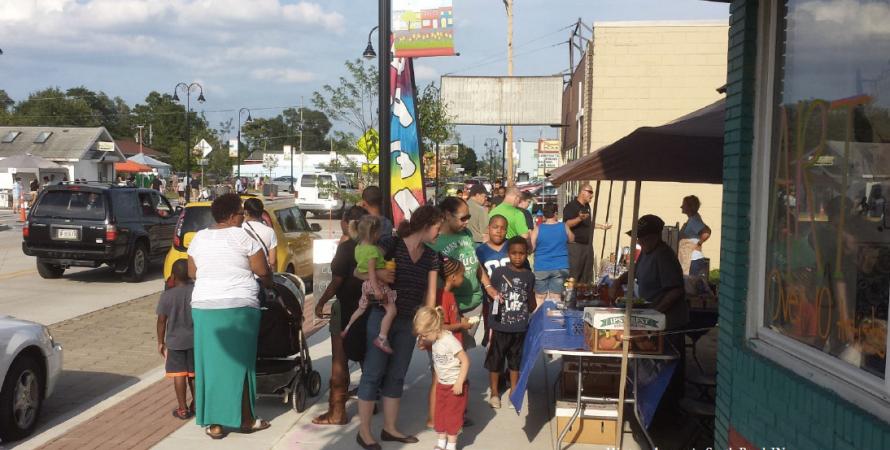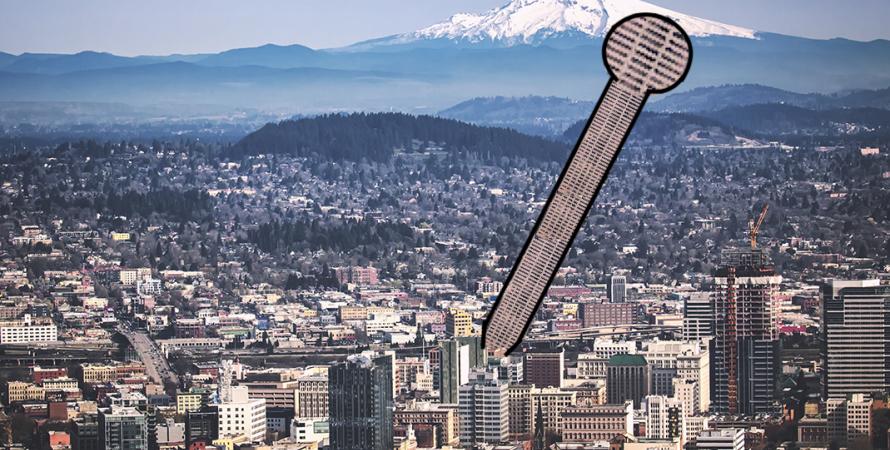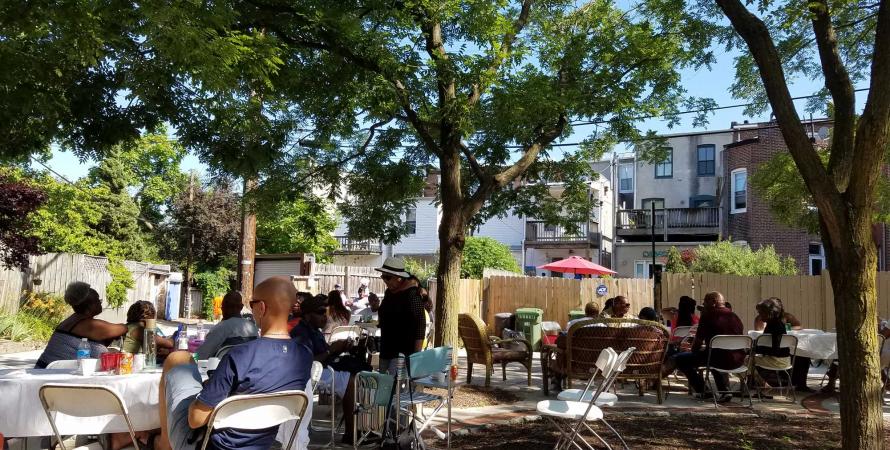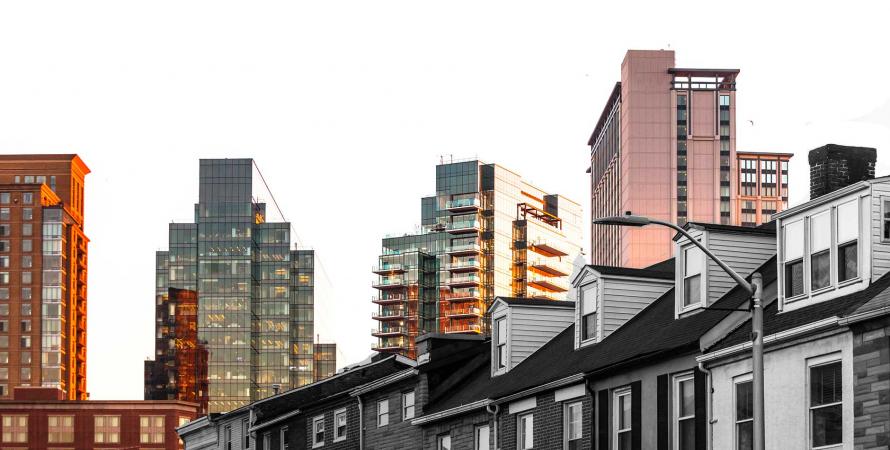-

Building Local Strength: Emerging Strategies for Inclusive Development
Design strategies alone won’t ensure that good urban design, land use, and public spaces will be accessible and equitable. Communities are figuring out solutions, and they are outlined in a new CNU report.In 2007, I was on a technical assistance team working to revitalize and tame Denver’s East Alameda corridor. My colleagues Dena Belzer, Jim Charlier, and Tim Van Meter (all current or former CNU members) and I were looking at three different nodes along the corridor, two with relatively simple...Read more -

We need ‘Goldilocks,’ not ‘voodoo,’ urbanism
Cities generate benefits from concentrations of talent—but also from “spreading it around.” Striking a balance results in more equity and a more resilient economy.In recent decades, I have been one of those celebrating the power of urbanism: the capacity of cities and towns to create economic dynamism, expanded life choices, opportunities for active living, and healthier, more resource-efficient lifestyles. This power is perhaps most obvious in the dense...Read more -

What does inclusion mean for CNU?
I invite you to think about the role of new urbanists—and how we can design our role—to reduce the burden of society's bias.Twenty-five years after the founding of the Congress for the New Urbanism, the board voted this past September to advance our commitment toward creating a more inclusive movement and through it, more inclusive communities. In doing so, we affirmed the words espoused in the Charter of the New...Read more -

Using urban revival to reduce poverty
Alan Mallach discusses his new book, The Divided City: Poverty and Prosperity in Urban America, and issues surrounding inequality in urbanizing America.Note: This article is part of a collaboration between Island Press and Public Square that focuses on recently published books on subjects related to urbanism. Katharine Sucher of Island Press interviews The Divided City author Alan Mallach (questions in boldface). You’ve been working in cities most...Read more